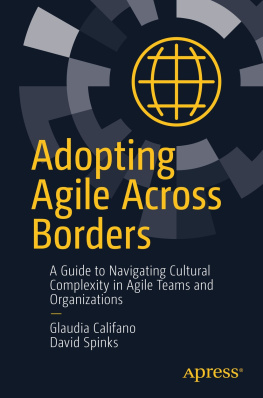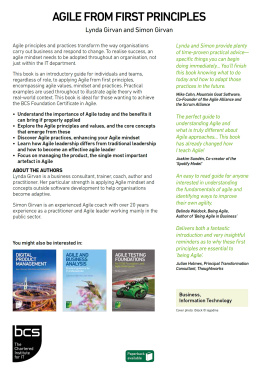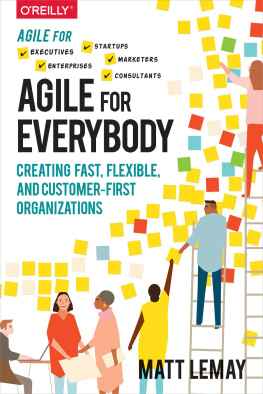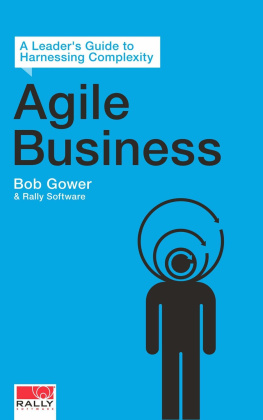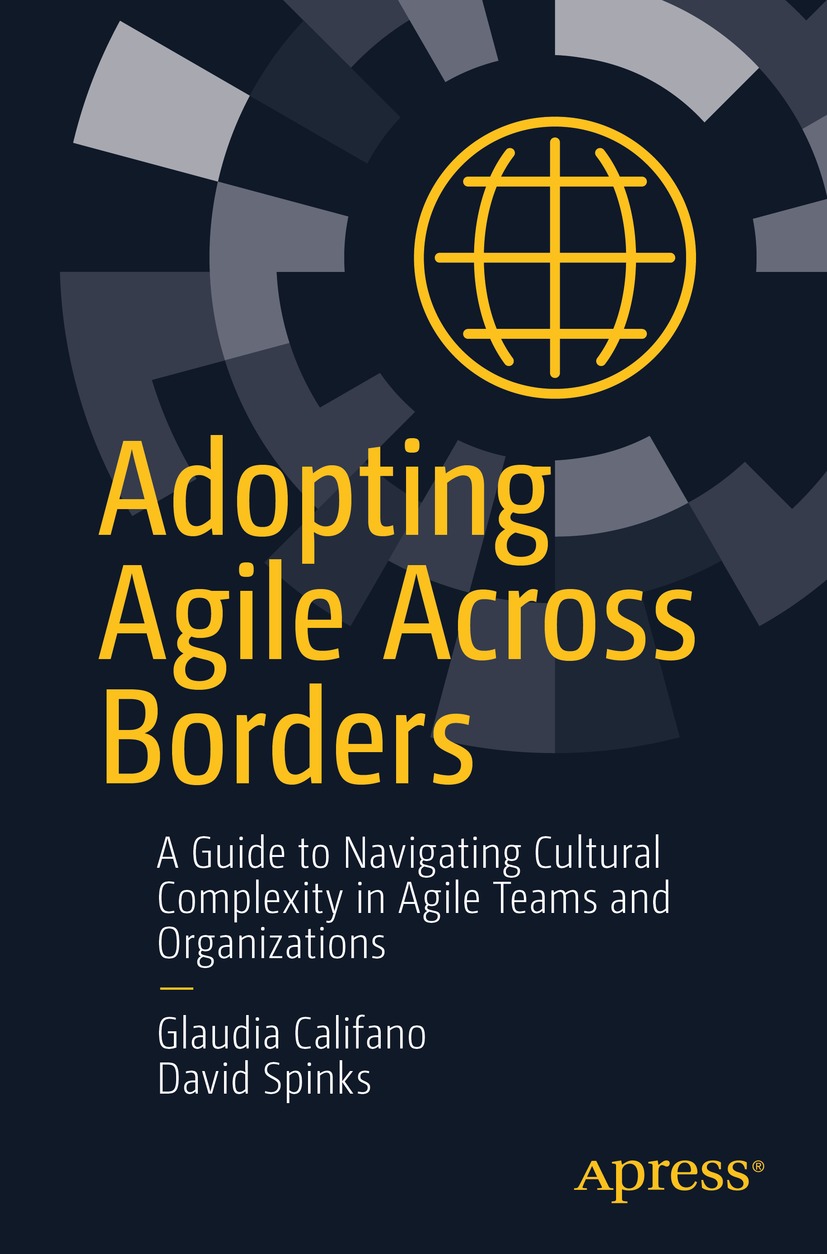Glaudia Califano - Adopting Agile Across Borders: A Guide to Navigating Cultural Complexity in Agile Teams and Organizations
Here you can read online Glaudia Califano - Adopting Agile Across Borders: A Guide to Navigating Cultural Complexity in Agile Teams and Organizations full text of the book (entire story) in english for free. Download pdf and epub, get meaning, cover and reviews about this ebook. year: 2021, publisher: Apress, genre: Politics. Description of the work, (preface) as well as reviews are available. Best literature library LitArk.com created for fans of good reading and offers a wide selection of genres:
Romance novel
Science fiction
Adventure
Detective
Science
History
Home and family
Prose
Art
Politics
Computer
Non-fiction
Religion
Business
Children
Humor
Choose a favorite category and find really read worthwhile books. Enjoy immersion in the world of imagination, feel the emotions of the characters or learn something new for yourself, make an fascinating discovery.
- Book:Adopting Agile Across Borders: A Guide to Navigating Cultural Complexity in Agile Teams and Organizations
- Author:
- Publisher:Apress
- Genre:
- Year:2021
- Rating:4 / 5
- Favourites:Add to favourites
- Your mark:
Adopting Agile Across Borders: A Guide to Navigating Cultural Complexity in Agile Teams and Organizations: summary, description and annotation
We offer to read an annotation, description, summary or preface (depends on what the author of the book "Adopting Agile Across Borders: A Guide to Navigating Cultural Complexity in Agile Teams and Organizations" wrote himself). If you haven't found the necessary information about the book — write in the comments, we will try to find it.
People are conditioned culturally from an early age, with each of us developing a set of values and behaviors that differ from those in other parts of the world. When adopting Agile, do cultural behaviors and values prevail, or is there a universal Agile culture? How have people from different cultures adopted Agile to suit them? Are some cultures naturally more suited to adopting Agile than others? Adopting Agile Across Borders answers all of that and more.
Teams in all industries are more globally distributed and diverse than ever. Authors Glaudia Califano and David Spinks reveal how people across the world have embraced Agile values alongside their own cultural values, and what this means for the adoption of Agile. In Adopting Agile Across Borders, a rich array of experiences are shared through real-life stories told by members of the global Agile community.
Whether you are an Agile practitioner, a product manager, HR personnel, or simply someone interested in leading people more effectively, this book provides essential teamwork insights across the board. Califano and Spinks showcase case studies from around the world to address the opportunities provided by ever greater mobility and advances in technology. Adopting Agile Across Borders is here to ready you for a diverse, more connected future.
What You Will Learn- Gain an awareness and understanding of different cultural types, behaviours, and communication styles
- See how diversity spans a much wider set of factors than nationality, race, and gender
- Discover how multi-cultural Agile teams can reach high-performing states by acknowledging their diversity and finding ways to better integrate with one another
Agile practitioners, scrum masters, Agile coaches, product owners, team members, product managers, and anyone responsible for, or interested in, leading people.
Glaudia Califano: author's other books
Who wrote Adopting Agile Across Borders: A Guide to Navigating Cultural Complexity in Agile Teams and Organizations? Find out the surname, the name of the author of the book and a list of all author's works by series.

